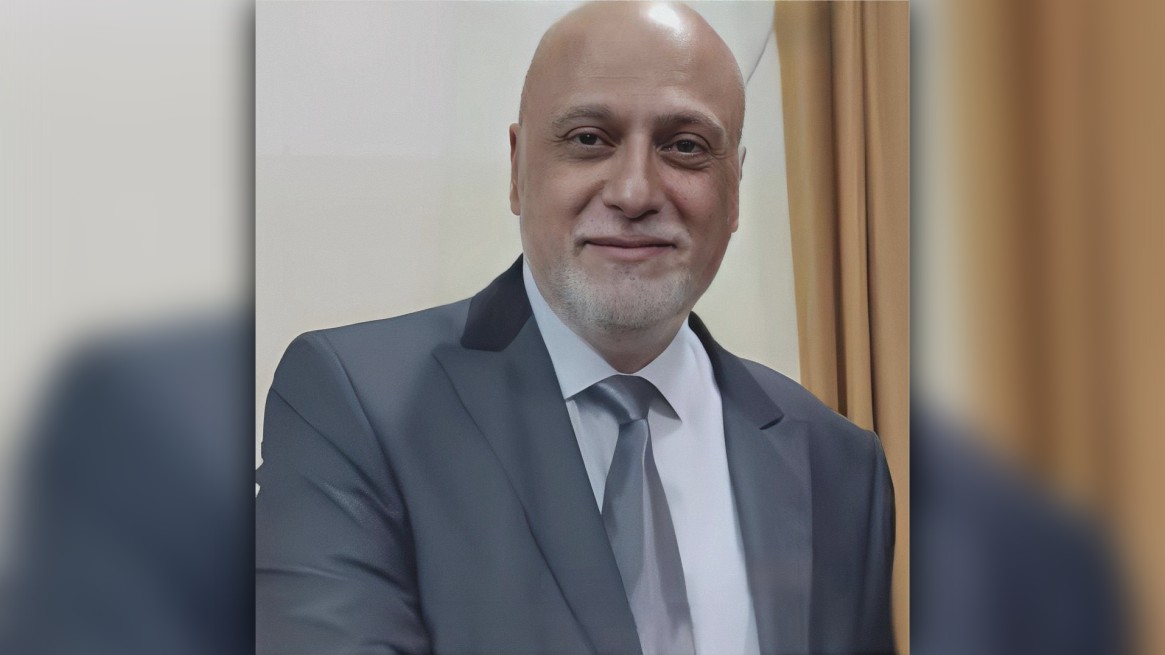BEIRUT — Antoine Asmar, Secretary of Social Affairs in the National Liberal Party, stressed that the Lebanese Civil War was never a matter of choice but a battle forced upon the Lebanese to defend a society and homeland that others sought to fragment — sometimes by turning it into an alternative homeland for Palestinians, at other times by annexing it to Syria.
Speaking in an interview with Akhbarkum-Akhbarna, Asmar noted that since the conflict erupted fifty years ago, even its definition has remained contested: some call it a “civil war,” while others insist it was “wars of others fought on Lebanese soil.” What is beyond dispute, he argued, is that “the Lebanese paid a crushing price — with their lives, with their future, and with the future of their children, which remains uncertain despite all the sacrifices. We ended up in a country that resembles more a private fiefdom than a state, a place where, as the Lebanese saying goes, everyone is out for themselves.”
Asmar pointed out that the greatest victims of the war were not only the martyrs, but also “the survivors, who still struggle to live with its enduring realities.” He recalled joining the National Liberal Party out of “conviction rather than coercion,” and taking up arms to defend his community and homes “without directives or coordination,” stressing that people themselves were drawn wholesale into the fighting.
The war, he repeated, was never a voluntary path but a forced defense. Its legacy, he said, was overwhelmingly destructive:
“It left psychological scars across Lebanon, breeding resentment and hatred. It robbed us of peace, replacing it with anxiety, sorrow, and fear of a bleak tomorrow. Only faith in God and love of Lebanon kept despair at bay.”
He argued that Christians bore the heaviest losses, noting that although their adversaries never defeated them, “their internal struggles exhausted them and weakened their community.” Where some view Christian pluralism as a curse of division, Asmar sees it as a strength:
“Diversity of thought and politics has always enriched societies and pushed them forward. Today Christians are beginning to heal, realizing that rivalry must not harden into enmity. The real task is to unite, to plan for the next fifty years, and to preserve diversity while repairing the damage of war.”
On Lebanon’s future, Asmar stressed that “a system must be found that protects every community and guarantees their rights. I see a federal republic as the answer — one that takes into account the worries of all sides—but making this a reality feels like an impossible dream.”
